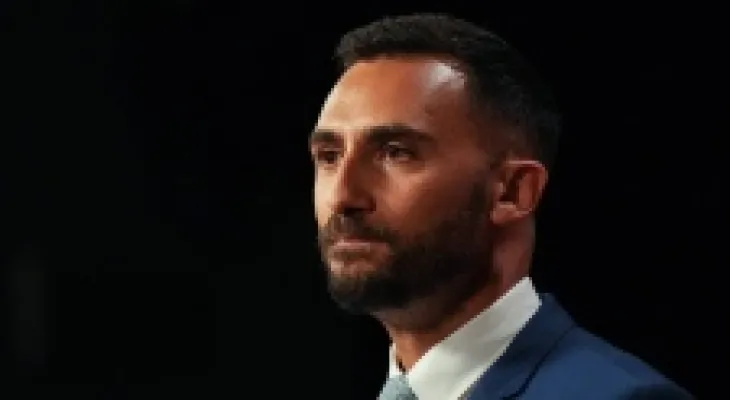Search here
Newspaper
Search here

Arab Canada News
News

Published: May 30, 2024
The Ontario government has confirmed that financial literacy and increased exposure to "priority career options in the economy" will be part of a "comprehensive reform" of high school programs and requirements over the next two years.
Education Minister Stephen Lecce said during an announcement at the Toronto Stock Exchange on Thursday: "It is important for students to know how to create and manage a budget for saving for their retirement home and how to protect themselves from financial fraud." Parents, employers, and students themselves tell me that young people are graduating without adequate financial knowledge or those essential life skills."
He stated that financial literacy and home economics would be part of a "back to basics" approach in classrooms.
He added, "By raising the level of life skills in classrooms, alongside better vocational education and higher math standards for teachers, we are working to prepare every student for lifelong success," emphasizing the importance of ensuring students graduate through hands-on learning that leads them to better jobs and higher salaries.
Beginning in 2025, students will be required to complete a new financial literacy requirement as part of the Grade 10 math course to "demonstrate practical skills and the effective application of knowledge in financial literacy skills."
The ministry states that this component will show students how to do things like create and manage a household budget, save for a home or assets, and protect themselves from financial fraud.
The government said that financial literacy requirements will be developed by teachers and financial literacy experts at TVO, in partnership with TFO and EQAO.
Students will need to achieve a score of 70 percent or higher to meet graduation requirements, and those who do not pass the component will have the opportunity to retake it within the Grade 10 math course before they need to cover the material through "credit recovery," which is an option that helps students who have failed the course successfully master the concepts.
Starting in September 2024, students entering Grade 9 will need to obtain a Grade 9 or 10 technology education credit to receive their diploma.
Beginning that year, the EQAO math assessment for Grade 9 will include 10 percent or more of the student's final math mark. The province states that this aligns with the practice that many teachers are already using.
The province also states that it is working on renewing the guidance and vocational education policy and program, which was last updated in 2013, to ensure it "responds to the way various careers have evolved over the past decade and how they will change in the future."
Boards will receive "clear expectations" regarding the establishment of modern guidance and vocational education programs for grades seven through twelve, providing students with careers that require skills and "priority economic sectors."
The province clarified that this will be accompanied by an investment of up to $14 million in 2024-25 for vocational training for grade nine and ten students in publicly funded schools.
The government continued that starting next school year, new vocational trainers "with direct experience in high-demand economic sectors" will complement the work of guidance counselors and teachers in small group sessions of fewer than six.
The required number of credits for obtaining an Ontario Secondary School Diploma (OSSD) will remain at 30.
In addition to changes related to high school graduation requirements, the province is also requiring all applicants to Ontario teacher colleges to pass a math competency test starting in February 2025.
Lecce stated that the government will also begin consultations to reintroduce a "modern" home economics program.
He added, "Students may want to learn some practical life skills that we often hear from parents, employers, and students the need to learn how to cook and understand good nutrition; essential skills such as changing tires, sewing on a button, signing a check, and knowing how to shop on a budget and apply basic first aid." "We are making these changes to help students prepare for life outside the classroom."
Comments